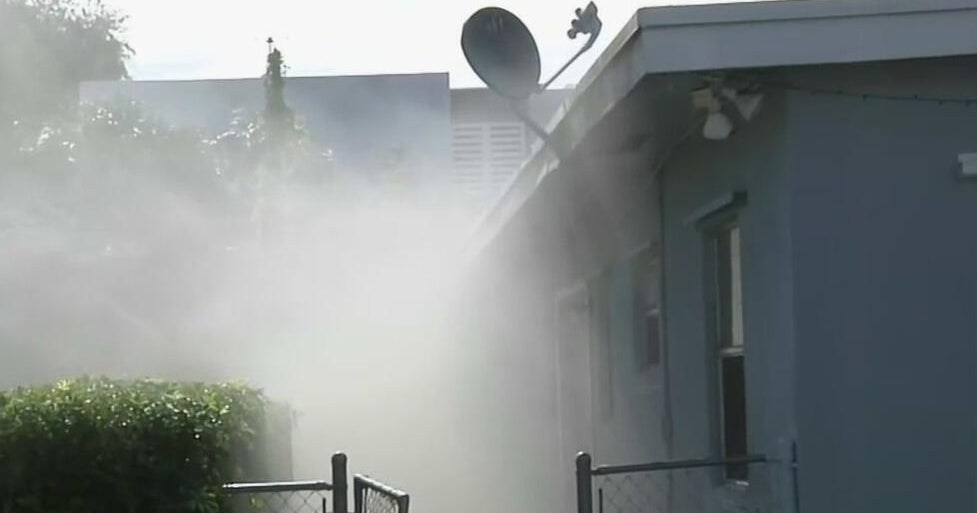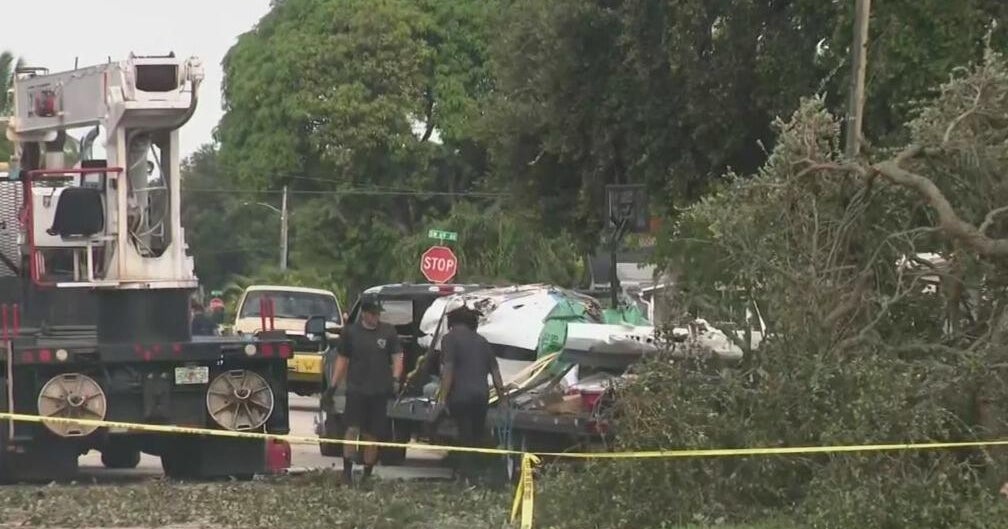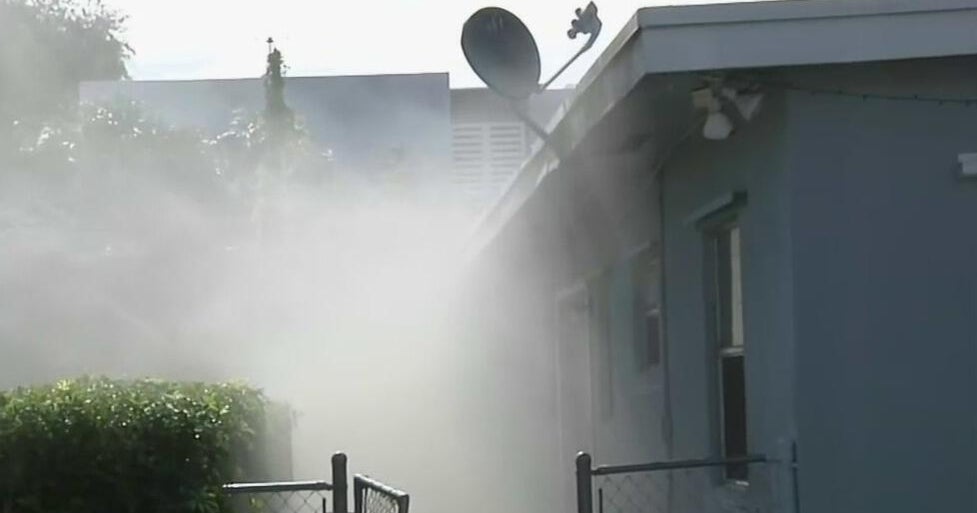MIAMI – As Marco Rubio emerges as a likely candidate for secretary of state in a second Trump administration, his hardline stance on Venezuela will likely shape U.S. foreign policy toward the troubled nation.
Rubio, the son of Cuban immigrants, would become the first Hispanic to ever serve as the nation’s top diplomat.
The Senator from South Florida has consistently condemned Nicolás Maduro’s authoritarian regime, calling for increased U.S. pressure to support Venezuela’s democratic opposition. But under President Trump, this focus will also extend to immigration, particularly as a growing Venezuelan refugee crisis impacts the U.S.
Recently, Rubio made it clear: “Any negotiations are a continued lifeline to the narco-regime. The Venezuelan people have shown their desire for freedom, and our message must be clear: We stand for freedom, we recognize Edmundo González as the President-elect and Maduro’s reign must come to an end.”
This statement comes at a pivotal moment in Venezuela’s history, as the country faces a major constitutional showdown over who will take office as president on January 10, 2025.
According to Venezuela’s Constitution, this is the date when the elected president must officially assume office.
Both Maduro and opposition leader Edmundo González claim they will take office on that date, setting the stage for a potential clash over who truly holds power.
The Venezuelan crisis: Over 7.7 million have left the country
Venezuela has been in a deep crisis for years. Under Maduro’s rule, the country has faced massive economic problems, food shortages, and widespread violence.
As of May 2024, the minimum monthly salary in Venezuela is around $3.50 U.S. dollars.
Because of the ongoing crisis, millions have been forced to leave in search of better opportunities elsewhere. According to the United Nations, over 7.7 million Venezuelans have fled the country in recent years, creating one of the largest migration crises in the world.
Many of these migrants have gone to neighboring countries like Colombia and Brazil.
In the U.S., the Venezuelan community is growing rapidly.
A 2021 study by Pew Research found that 640,000 people of Venezuelan origin were living in the U.S., making them the 12th-largest Hispanic group in the country.
Florida, where Rubio is from, is home to a large number of Venezuelan immigrants, and their voices are an important part of the conversation on U.S. policy toward Venezuela.
María Corina Machado’s warning of a migration crisis
As the situation in Venezuela worsens, opposition leader María Corina Machado has warned that if Maduro holds on to power by force, the region could face an even larger migration crisis.
“If Maduro stays in charge by force, we will see a wave of migration like never before,” she predicted. “We could see three to five million Venezuelans leave in a very short time.”
This potential exodus could further strain neighboring countries and create even more pressure on the international community to act.
Trump keeping military options open
In 2019, during his first term in office, President Trump made it clear that the U.S. might consider using military force in Venezuela if necessary.
In an interview on Face the Nation, Trump said, “Well, I don’t want to say that, but certainly it’s something that on the – it’s an option.” This statement left open the possibility that the U.S. could intervene militarily if Maduro’s government continues to repress opposition and violate human rights.
Rubio, who has long supported a strong U.S. response to Venezuela’s crisis, has said that all options should remain on the table to remove Maduro from power and restore democracy in Venezuela.
Maduro’s fears of U.S. intervention
Despite Trump and Rubio’s tough stance, Maduro’s government has sought to minimize the threat of U.S. intervention.
In a 2017 video that recently resurfaced on social media, Maduro is seen pleading with Pope Francis to help prevent a U.S. military action.
“Let the Pope help us so that Trump does NOT launch his troops and invade Venezuela,” Maduro said, his tone clearly worried about the potential for U.S. action.
What’s ahead?
With a key date—January 10, 2025—fast approaching, all eyes will be on what actions the Trump administration will take to help the cause of freedom in Venezuela.



